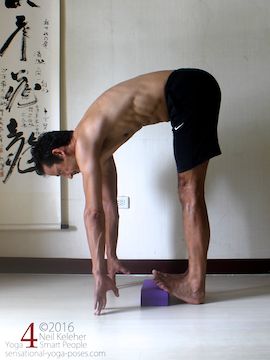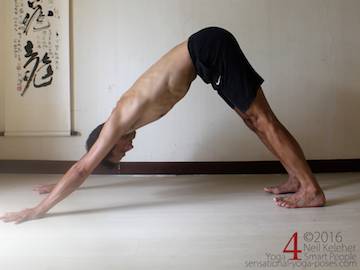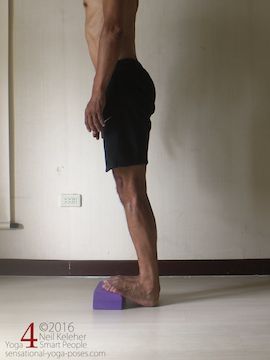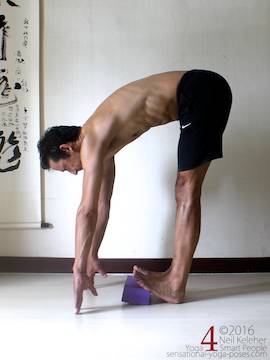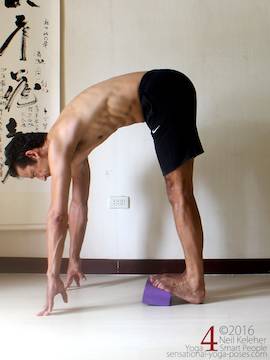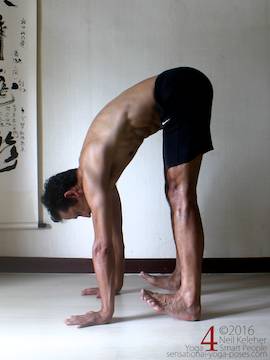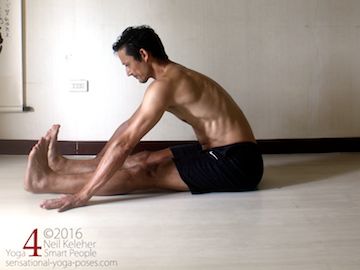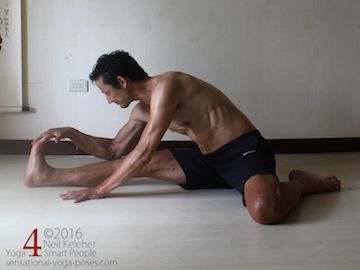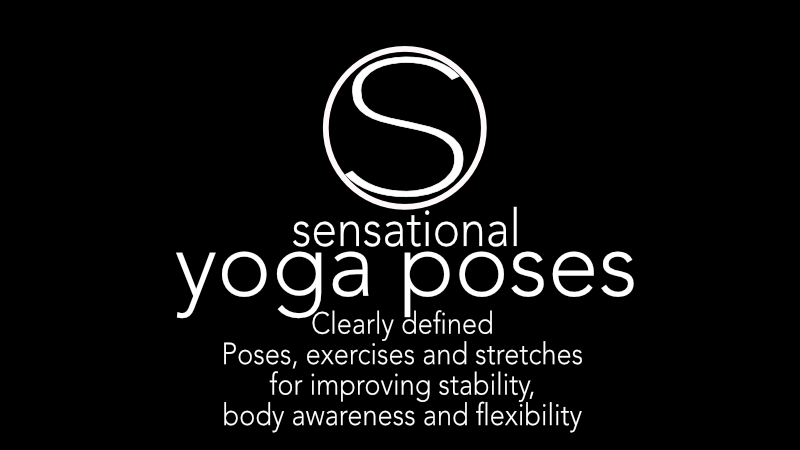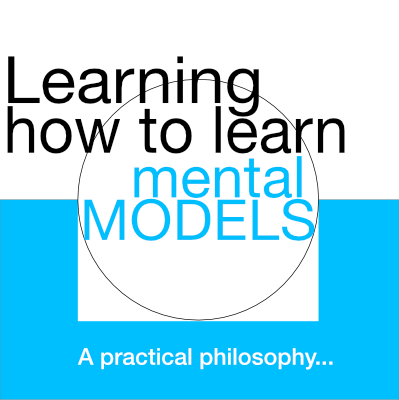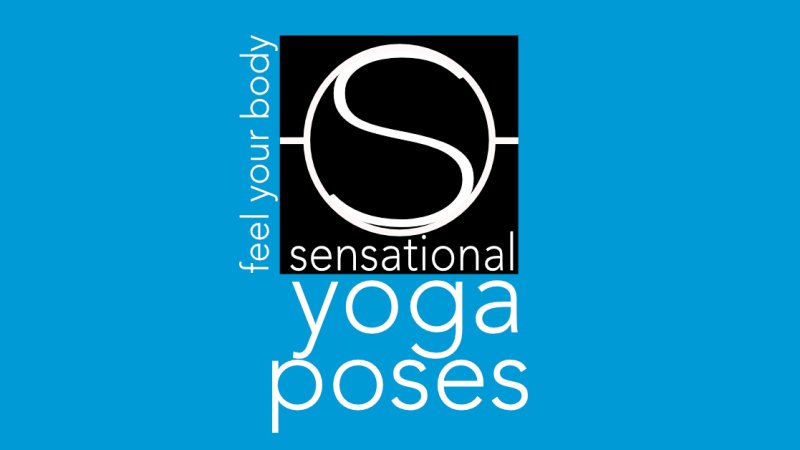Sensational Calf Stretches
(Passively and Actively Stretching the Soleus and Gastrocnemius Muscles)
To stretch your calves, bend your feet forwards at the ankle joint. In a calf stretch the muscles you can stretch include the soleus muscle, which attaches the back of the heel to the backs of the fibula and tibia and the gastrocnemius, a multi-joint muscle that attaches to the back of the ankle and crosses the back of the knee to attach to the lower end of the femur.
Bending the ankle forwards while the knee is bent will generally stretch the soleus while bending it forwards with the knee straight stretches both the soleus and the gastrocnemius.
Standing with one foot forwards you can stretch the calf of your back leg by keeping your back foot flat on the floor while moving your hips forwards. The further forwards you move your pelvis (and tilt your back leg forwards) the greater the calf stretch.
In the yoga pose downward dog, you can stretch your calves with a similiar action, dropping your heels to the floor.
Turning Passive Calf Stretches Active
I get a lot of students who have difficulty with getting their heels to the floor and so my usual recommendation is to focus on lifting the fronts of the feet. This then turns downward facing dog into an active calf stretch. The muscles at the front of the shin and ankle are used to bend the ankle forwards stretching the muscles at the back of the shin.
Standing with your forefeet on a raised surface, say the edge of a stair, you can then stretch the calves by dropping the heels down. You can keep this as a passive stretch and focus on using your body weight to sink your heels or you can make it an active stretch. Activate the fronts of your ankles.
This action can come in handy even if you don't have a raised surface on which to stand. Standing with one foot slightly ahead of the other you could stretch the calf of the back foot by lifting the front of the foot as high as possible. Or stand with both feet even, and perhaps with a hand on a wall or table for balance, lift the fronts of both feet to again do an active calf stretch.
Combining Hamstring and Calf Stretches
While doing a standing forward bend, which stretches the hamstrings, you could add a calf stretch by lifting the front of one foot or both feet.
The further you raise the fronts of your feet the greater the stretch to the calf. Starting with the hips back to make the stretch a little less intense, you could gradually move the hips forwards to increase the stretch.
If you haven't got a block to raise the fronts of your feet you can do an active calf stretch instead, using the muscles along the front of the shin to raise the fronts of the feet.
In a seated forward bend you can stretch the calves by bending the feet backwards at the ankles. You can do this just using the muscles at the front of the ankles or you can assist the stretch by using one or both hands.
You could bend forwards first and then bend one or both feet backwards. Or bend the feet backwards first and then bend forwards to stretch the hamstrings.
Resisted Calf Stretches
You may find it helpful to experiment with resisted stretching when trying to stretch your calves. Standing on the edge of a stair and letting your heels sink down, you can activate your calf's just enough to resist the stretch without coming out of it.
Why Are Combined Hamstring and Calf Stretches Uncomfortable
Combined stretches where you stretch the calf and hamstring at the same time can be very uncomfortable. This is because the tendons of the hamstring muscle and gastrocnemius slightly wrap around each other at the back of the knee. These tendons are tightened when the knee is straight making it very uncomfortable to stretch the hamstrings and calves together.
Published: 2016 12 09
Updated: 2021 02 10
